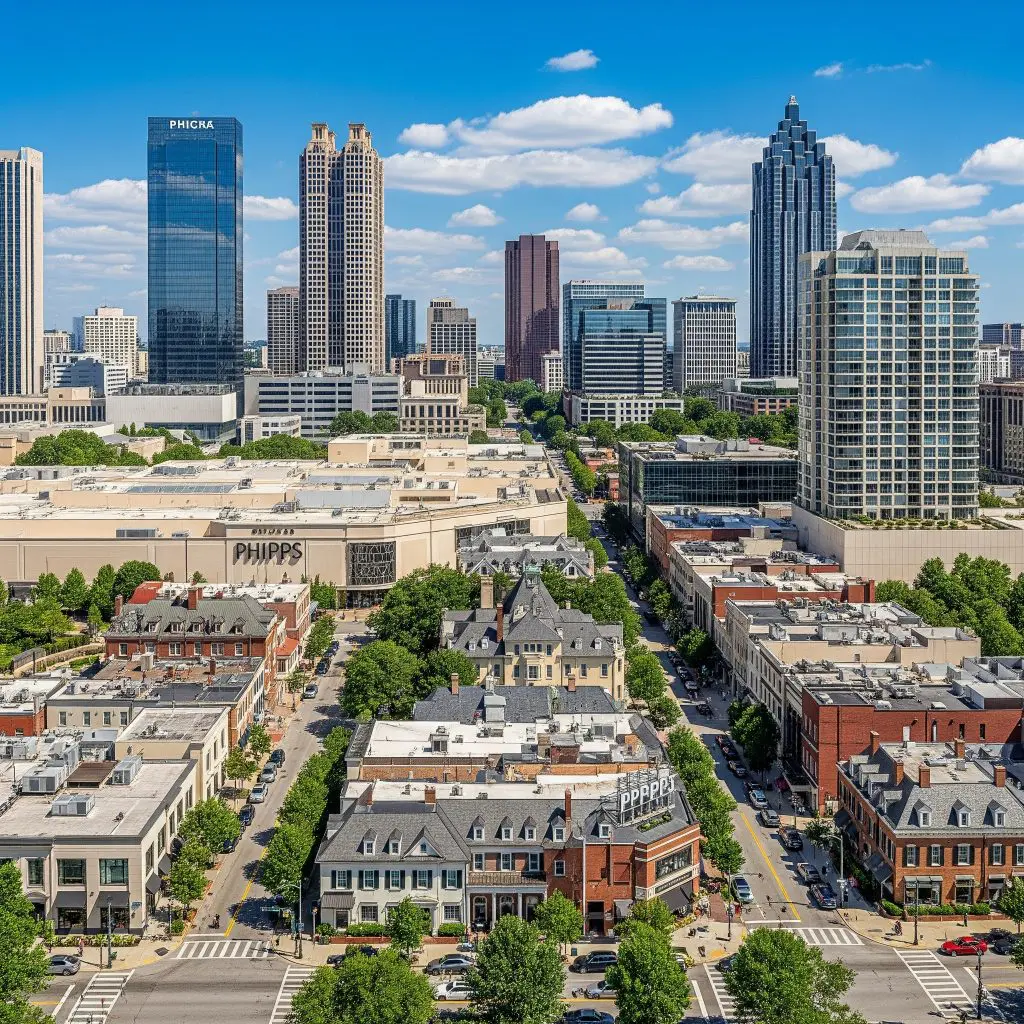North Carolina’s 2025 multi-family real estate market is transforming rapidly, offering immense opportunities for investors seeking to scale their rental portfolios. DSCR loans—designed for investment property acquisition or refinance—are the key to unlocking these opportunities, especially when you want to avoid the hassles of traditional personal income verification.
2025 North Carolina Market Outlook for Multi-Family Investors
Fueled by strong population growth, job expansion, and a robust rental market, North Carolina stands out as one of the Southeast’s most dynamic arenas for multi-family investment in 2025. Several cities and neighborhoods are emerging as hotbeds for rental demand:

- Charlotte (28208, 28273, 28216): Booming with tech and banking growth, rental rates have increased 6% YoY.
- Raleigh (27610, 27604): Driven by the Research Triangle, vacancy rates are near record lows at 3.2%.
- Durham (27703, 27713): New university and biotech employers fuel sustained population inflows.
- Wilmington (28401, 28403): Coastal charm combines with strong long-term rental demand.
Across North Carolina, cap rates for 2-4 unit multi-family properties average 5.3-6.1%, offering healthy cash flow compared to similar Sun Belt markets.
Need capital? GHC Funding offers flexible funding solutions to support your business growth or real estate projects. Discover fast, reliable financing options today!
Test Your Expertise: The Complexities of the 1031 Exchange

As a sophisticated real estate investor, you understand that the 1031 Exchange is a cornerstone strategy for tax deferral and wealth accumulation. But beyond the basics, the intricacies of the 1031 Exchange rules can pose significant challenges. This quiz is designed to test your in-depth knowledge and highlight critical nuances that separate casual investors from true experts in 1031 Exchange transactions.
Instructions: Choose the best answer for each question.
⚡ Key Flexible Funding Options
GHC Funding everages financing types that prioritize asset value and cash flow over lengthy financial history checks:
-
Bridge Loans: These are short-term loans used to "bridge the gap" between an immediate need for capital and securing permanent financing (like a traditional loan or sale). They are known for fast closing and are often asset-collateralized, making them ideal for time-sensitive real estate acquisitions or value-add projects.
-
DSCR Loans (Debt Service Coverage Ratio): Primarily for real estate investors, these loans are underwritten based on the property's rental income vs. debt obligation ($\text{DSCR} = \text{Net Operating Income} / \text{Total Debt Service}$), not the borrower's personal income or tax returns. This offers flexibility for those with complex finances.
-
SBA Loans: The Small Business Administration (SBA) guarantees loans offered by partner lenders. While providing excellent terms (long repayment, lower rates), the application process is typically slower than private/bridge funding, often making them less suitable for immediate needs. SBA eligibility heavily relies on the DSCR metric for repayment assessment.
🌐 Learn More
For details on GHC Funding's specific products and to start an application, please visit their homepage:
The Ultimate DSCR Loan for Rental Property Quiz

Are you looking to expand your real estate investment portfolio? A DSCR loan might be the perfect tool to help you achieve your goals without relying on traditional income documentation. Test your knowledge with this quiz to see if you're ready to master the intricacies of a DSCR loan for rental property.
What Makes DSCR Loans the Ideal Choice for Multi-Family Investments?
DSCR (Debt Service Coverage Ratio) loans are tailored for investors seeking flexibility, reduced paperwork, and scalability. The benefits are unique and powerful in a market like North Carolina where speed and efficiency are critical:
- No Personal Income Verification: Lenders focus on the cash flow of the property, not your W-2s, tax returns, or DTI (debt-to-income) ratios.
- Bigger Portfolio Growth: Scale fast by qualifying based on rental income, not your personal finances.
- Investment Property Focus: Designed for single-family, multi-family (2-4 units), and commercial/mixed-use properties, not owner-occupied homes.
DSCR Loans: How They Work
Unlike conventional loans, DSCR loans use the property’s rental income to establish whether the loan can be repaid. The key metric is the debt service coverage ratio—usually defined as:
✅ Small Business Resources
SBA – Small Business Administration
https://www.sba.gov- SCORE Mentors (Free Mentoring & Workshops)
https://www.score.org- Small Business Development Centers (SBDC)
https://americassbdc.orgAre You an SBA Real Estate Loan Expert?

Test your in-depth knowledge on using SBA Loans for owner-occupied commercial Real Estate acquisition. These questions delve into the critical details that can impact your business's growth and financial strategy.
DSCR = Net Operating Income / Total Debt Service
✅ Real Estate Investor Resources
-
AirDNA (Short-Term Rental Data)
https://www.airdna.co - Rentometer (Rent Comps)
https://www.rentometer.com - Zillow Research & Data
https://www.zillow.com/research
DSCR Loan IQ Quiz!

Test your knowledge of Debt Service Coverage Ratio (DSCR) loans!
Example: If your Durham duplex generates $3,600/month in rent and monthly loan payments (PITIA: principal, interest, taxes, insurance, and association dues) are $2,400, your DSCR is 1.5—well above typical lender requirements.
Current Interest Rates & Loan Terms for 2025
As of early 2025, DSCR loan rates in North Carolina typically range from 7.10% to 8.30% for multi-family properties, depending on credit score, property type, and DSCR ratio achieved. Common terms offered by top lenders:
- 30-year fixed or 5/1, 7/1 ARM options
- Loan-to-value (LTV) up to 80%
- Minimum DSCR: 1.1 to 1.25 (higher DSCR may yield better rates)
- No tax returns or personal income docs needed

